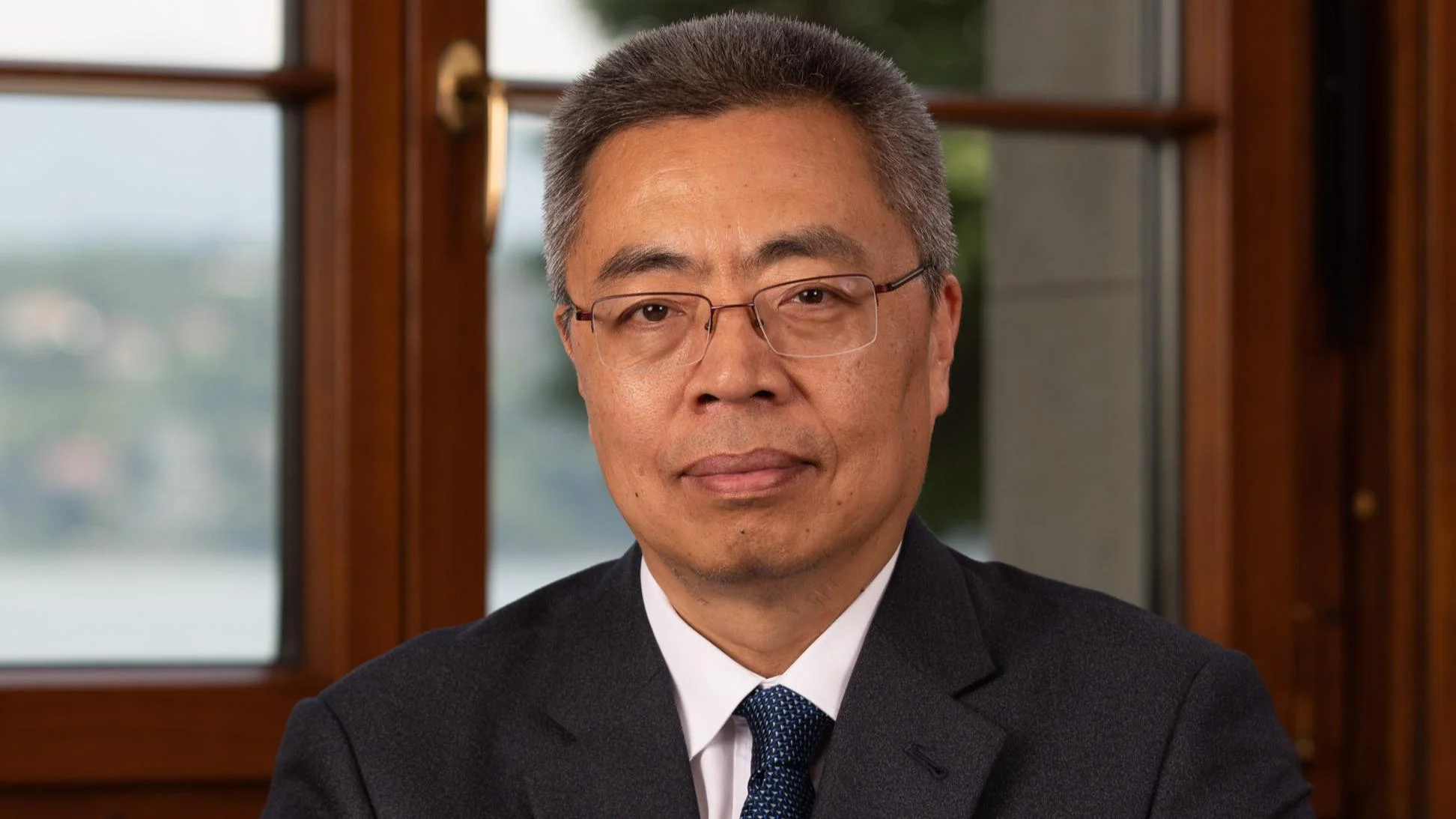The alignment of carbon measurement standards is crucial for the future of global trade, according to DDG Paugam. Speaking at a recent event, Paugam emphasized the importance of this topic in the context of globalization and the world trading system. He noted that approximately 30% of steel products are traded internationally, highlighting the resilience of global trade despite major economic crises like the 2008 financial crisis and the 2020 pandemic.
Paugam acknowledged that while there has been a slowdown in trade in goods over the past decade, trade in services continues to expand significantly. He predicted steady growth for world trade, estimating it at around 2.7% in 2024 and 3% in 2025.
However, he also pointed out several challenges facing globalization, including geopolitical tensions, strategic industrial autonomy, and climate and sustainability policies. These issues have led to increased trade costs and tensions related to supply chain resilience, overcapacity, subsidies, and trade defense.
In addressing climate change, countries have implemented various policies such as carbon pricing strategies and regulations. While these measures are necessary, Paugam urged for better global coordination to minimize negative impacts on trade. Developing countries have expressed concerns about unilateral environmental measures excluding their exporters from value chains.
The World Trade Organization (WTO) members have begun discussions on climate-related trade policies with a focus on "interoperability" — making different policies compatible to reduce adverse impacts on trade flows while promoting decarbonization investments.
Paugam highlighted the challenge of aligning carbon emission measurements as central to meeting Paris Agreement objectives. He mentioned efforts by an interagency task force involving organizations like UNCTAD, UNFCCC, OECD, IMF, and World Bank advocating for a Global Carbon Pricing approach.
He stressed that businesses face multiple reporting requirements and pressures from governments and consumers. According to McKinsey's estimates, demand for low-CO2 steel is expected to grow significantly by 2030.
Paugam argued that aligning carbon measurements would ensure the integrity of the world trading system. Fragmentation could lead to inefficiencies detrimental not only to trade but also climate goals due to loss of specialization benefits.
The WTO Secretariat has engaged in dialogue with businesses alongside international standards organizations aiming at collaboration towards decarbonization through aligned measurement standards without setting them itself but facilitating discussions among nations.
Highlighting collaboration within sectors like steel through initiatives such as “Steel Standards Principles,” launched during COP28 last year demonstrates how industry decarbonization can align with global trade interests toward achieving meaningful outcomes for upcoming COP29 events scheduled later this year.
Paugam concluded by encouraging cooperation between governments industries associations NGOs stating: “By working together—governments industries associations international organizations—we can ensure that trade accelerates decarbonization.”

